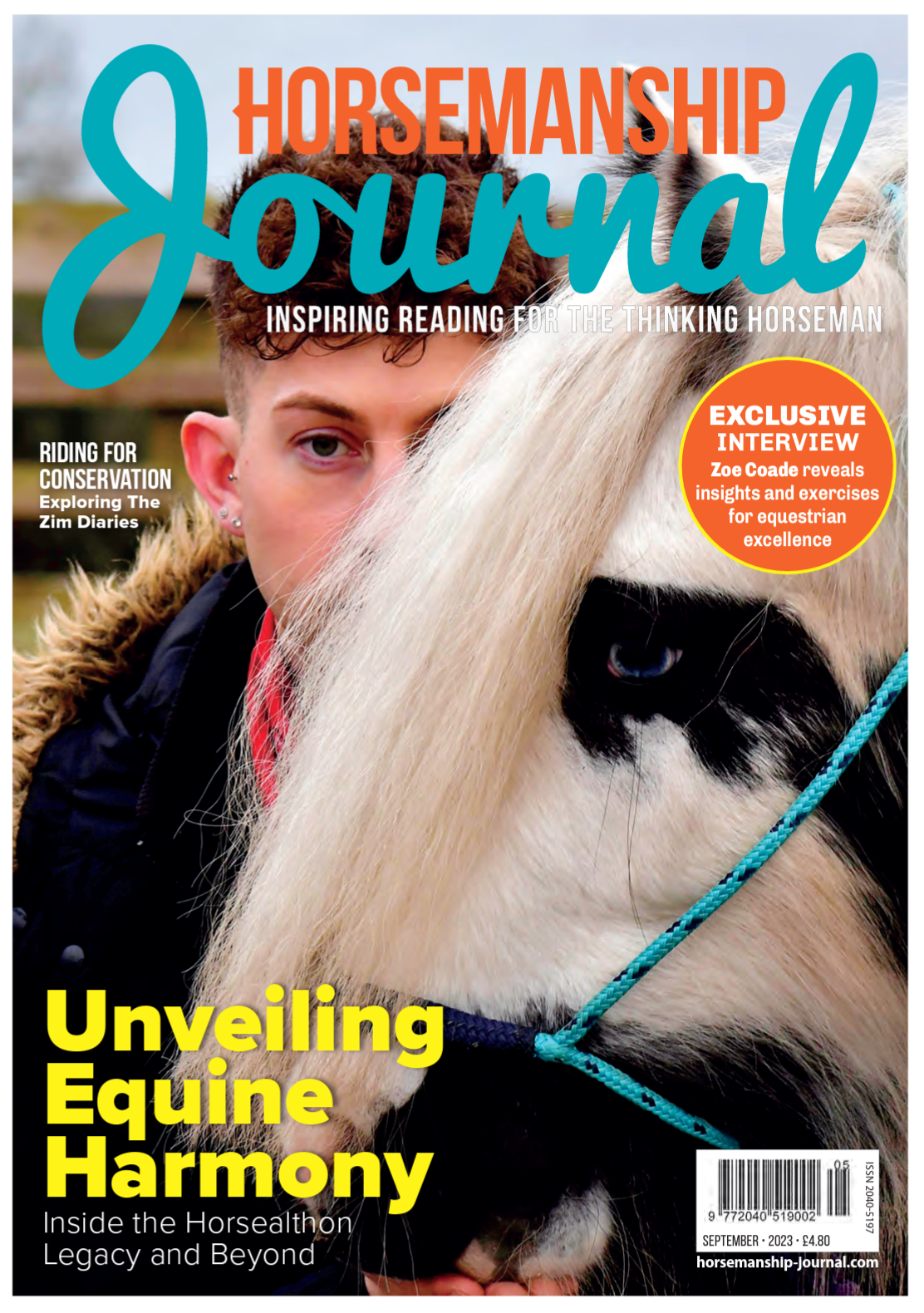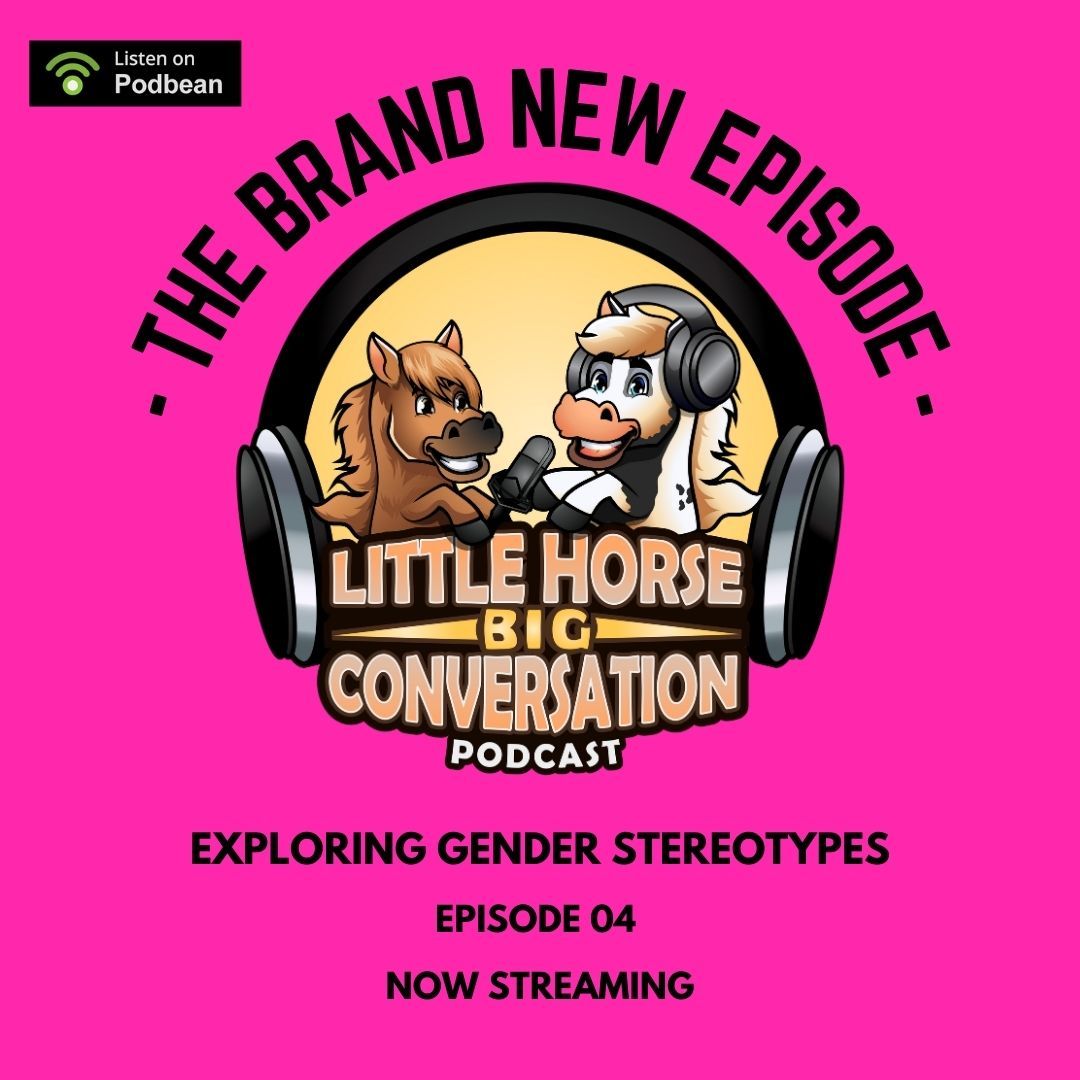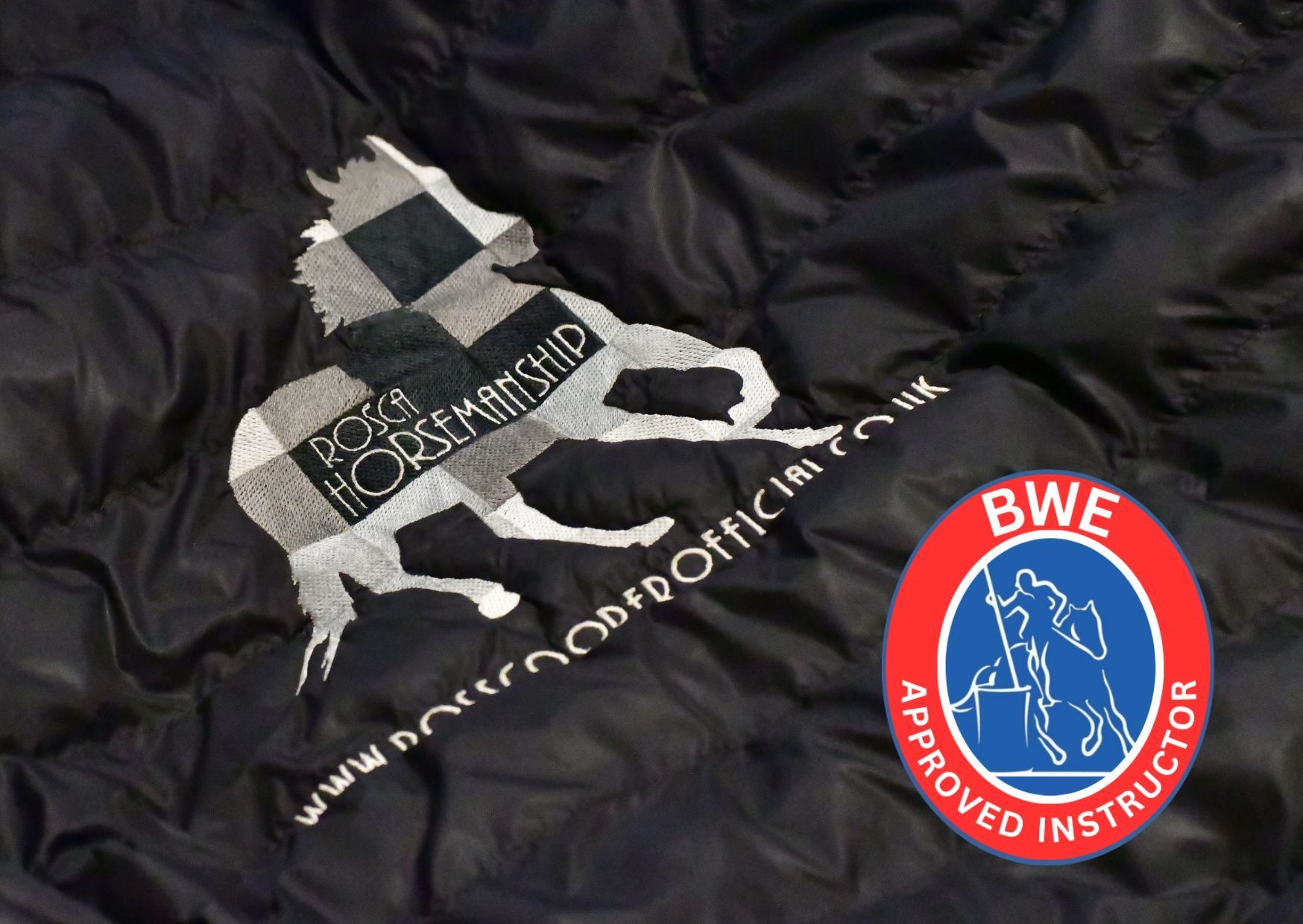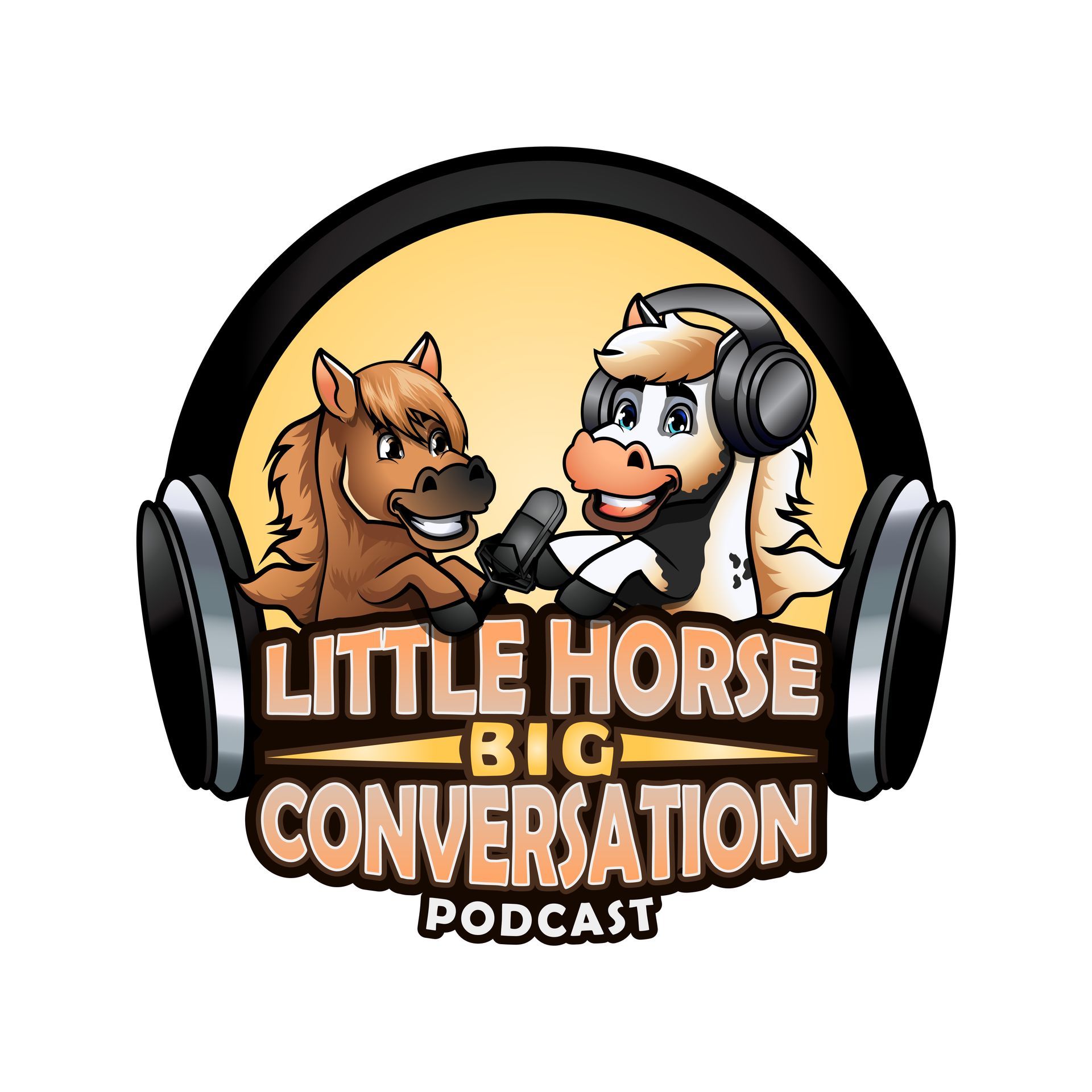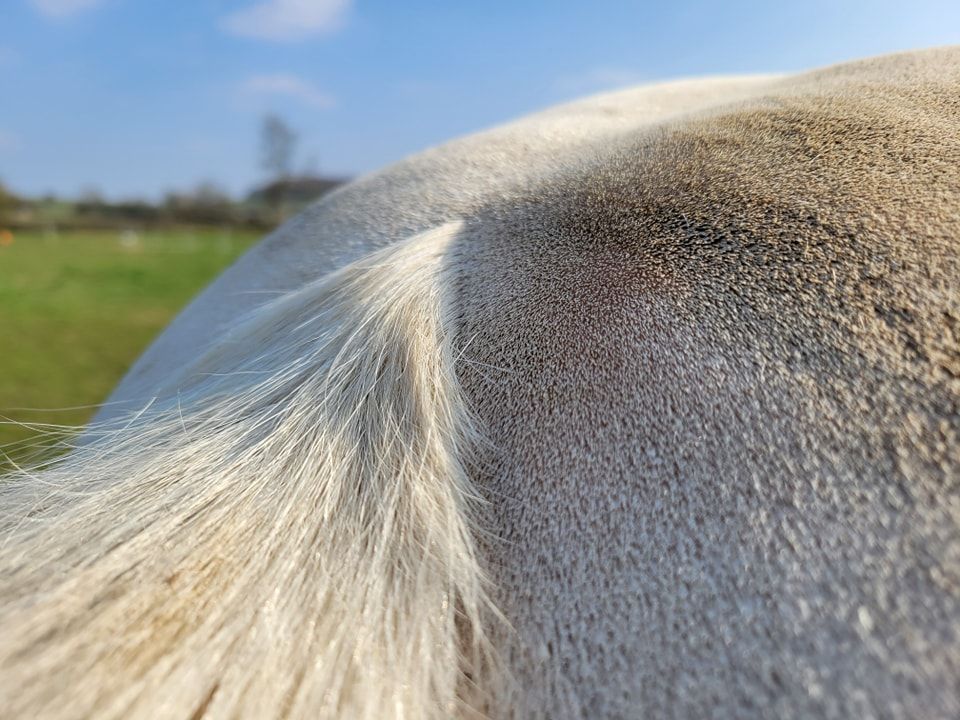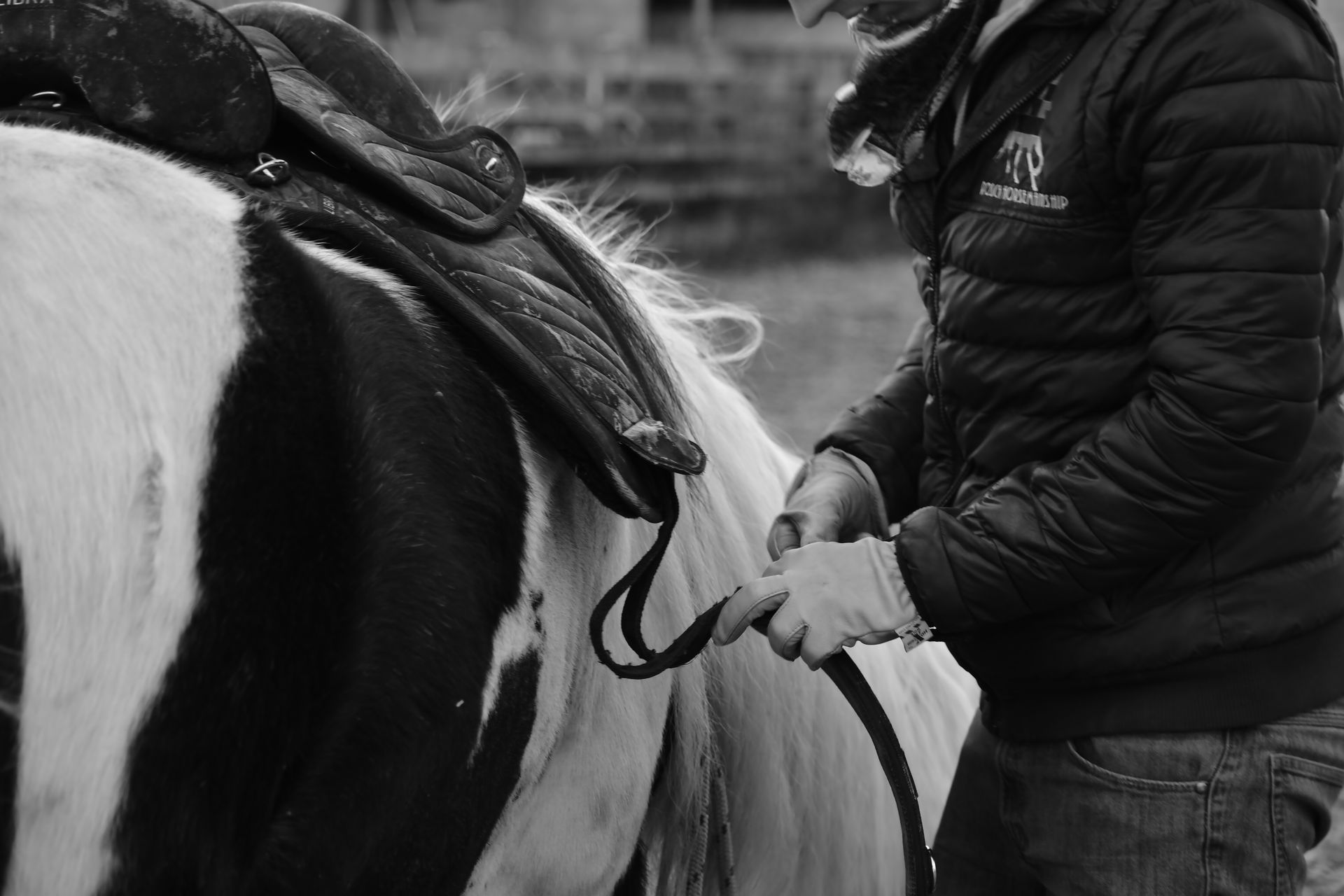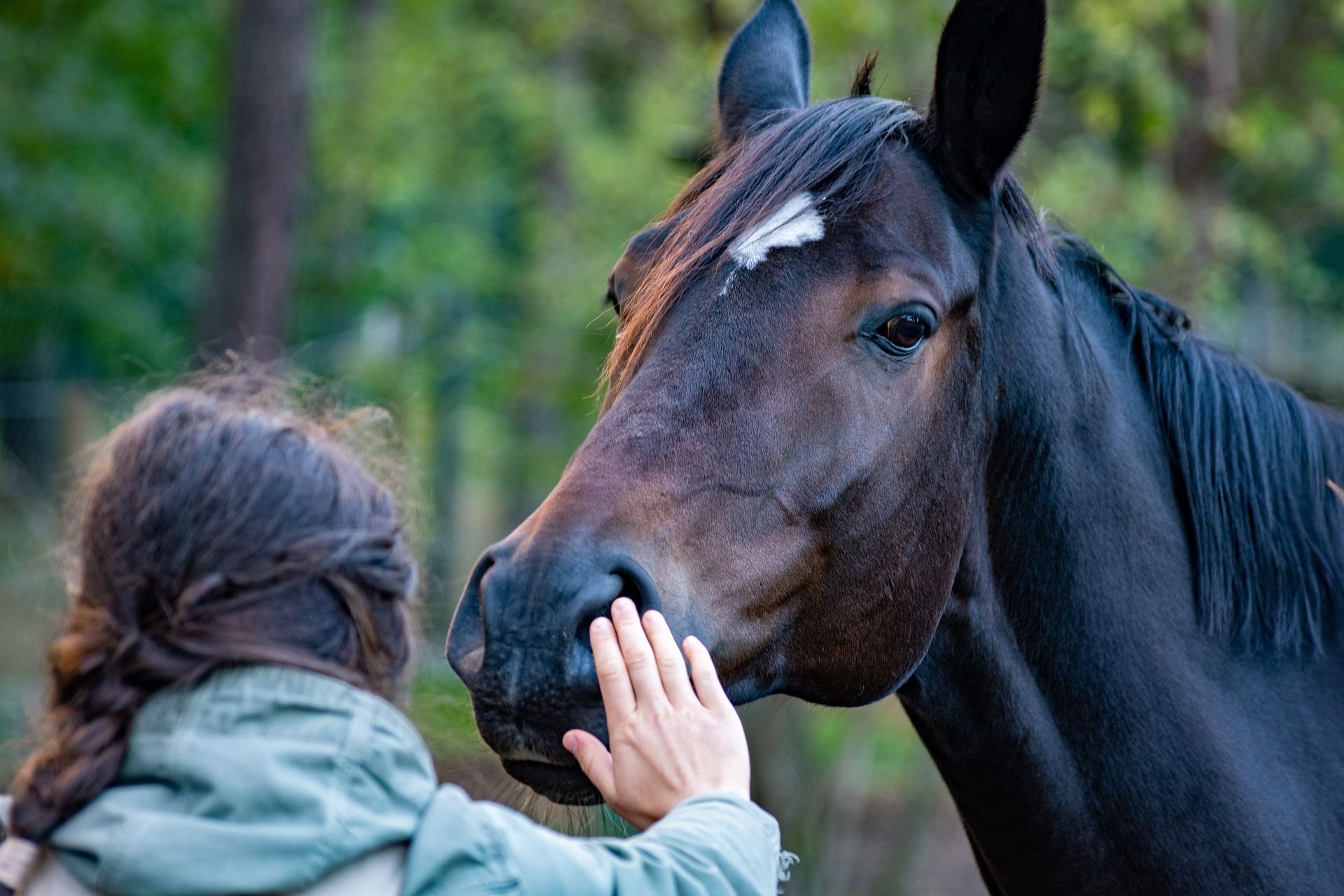Attachment Anxieties
Three top tips to help your horse with Separation Anxiety
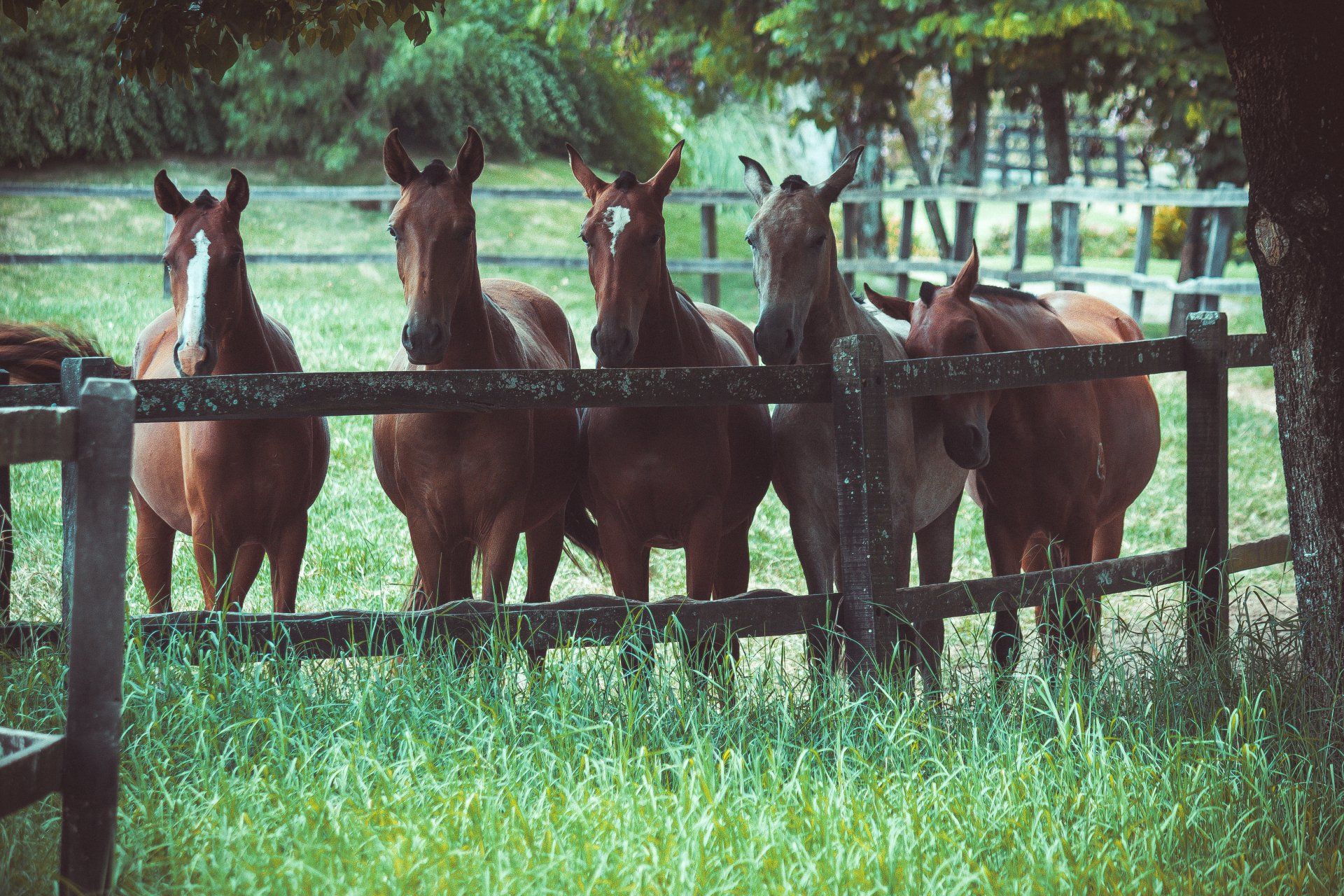
A few weeks ago I went to bring in my girlfriends horse, Badger, who had been turned out with a new field companion for the past few weeks. It was a pretty foggy evening and the field stretches back somewhat, but it wasn't until I got closer to the gate that the I realised the fence line was down; the electric fencing had been snapped in the corner and the horses were loose in a neighbouring paddock.
So much for making the gym for 5pm!
Over the weeks prior to this, Badgers field companion had been getting increasingly anxious and stressed when it came to bringing Badger out of the field; this level of anxiety increased to the point where the horse had made the connection that when it was time for those in in the field next door to come in, it would soon be Badgers turn; this resulted in a level of frustration being directed at Badger, being chased around and even being run in to the fence.
Have you ever experienced a horse become worried and stressed when a companion leaves, or when they leave a companion? This is known as separation anxiety.
Horses naturally form strong pair bonds within a herd. In domestication, we often swap and change the management of our horses around, from what field or stable they are in, to the companions they are turned out with; this leads to a distinct amount of uncertainty on the horses part. Horses that are described as 'sensitive' or 'reactive or often at a genetic disposition to develop increased anxieties.
Separation anxiety is not always so extreme as in the case of Badger's field mate, varying on the horses ability to express behaviour at that time, but the symptoms will have a common theme; increased calling, increased movement, defecating and hyper-fixation are all signs that a horses stress levels are on the rise.
Whilst traditional methods include making the horse 'work' when they obsess and rest when they don't, or isolating the anxious horse (*slowly places head in both palms*). These often only impound the issue further and don't address the underlying anxiety of the horse.
So, how can we help a buddy-stuck horse? Like working with any behaviour, prevention is better than remedy.
Separation anxiety is a progressive issue that will get worse over time if it is not addressed and can easily cause injury to the anxious horse through lack of self preservation, colic, or to another horse in the field.
There are three main ways in which I work with separation anxiety:
- Address the Environment
Environmental factors can be a contributing factor to separation anxiety, increasing the security that one horse may feel towards another due to inconsistencies in their handling, riding or management.
- New Thought Patterns
Anxiety works differently in horses than people, due to our ability to create abstract thoughts, but pathways in the brain work the same. Giving your horses brain something underwhelming to focus on, to gauge just a little bit of focus on you is a subtle way to establish changes in thought pattern over time; this could be so much as a glance in your direction in response to a body movement.
- Tweak the Trigger
This involves breaking the initial associated pairing between stimulus and consequence before the emotion takes hold; this requires a high level of observation and repetition to recognise the trigger, the response, then not moving past this point until the identified trigger no longer causes that same response.
